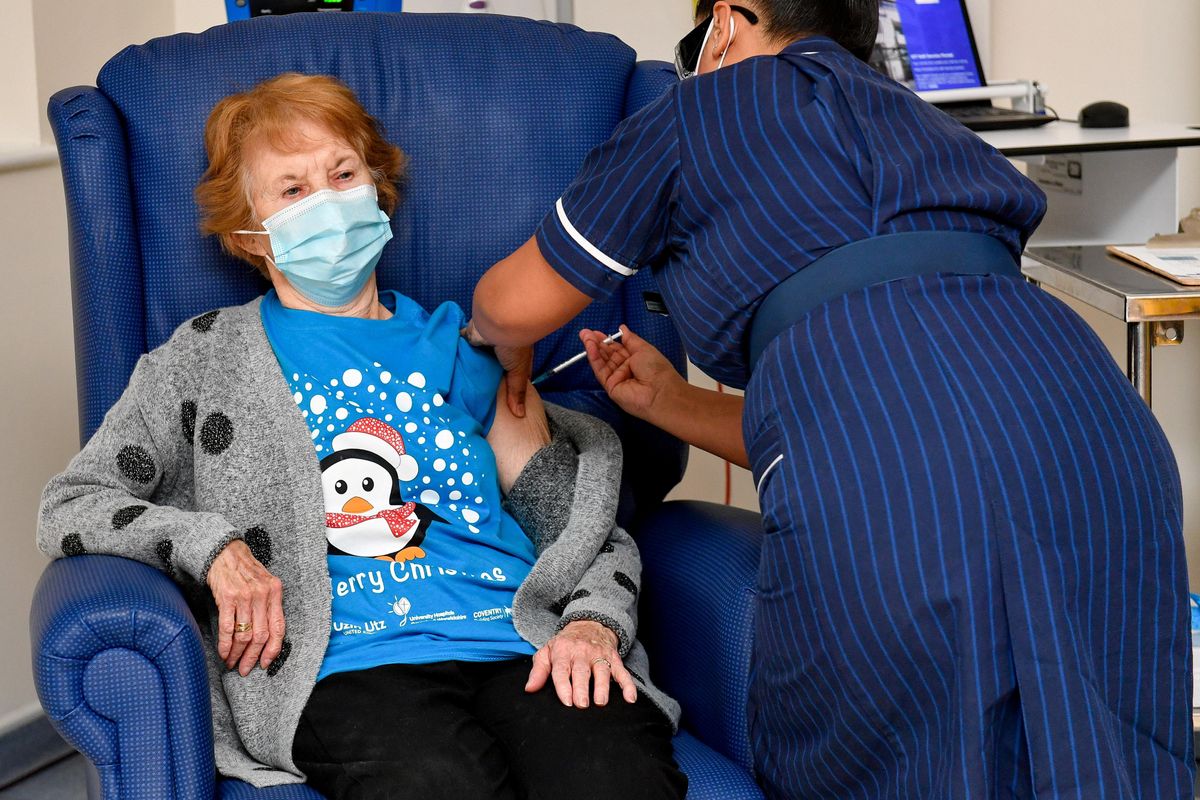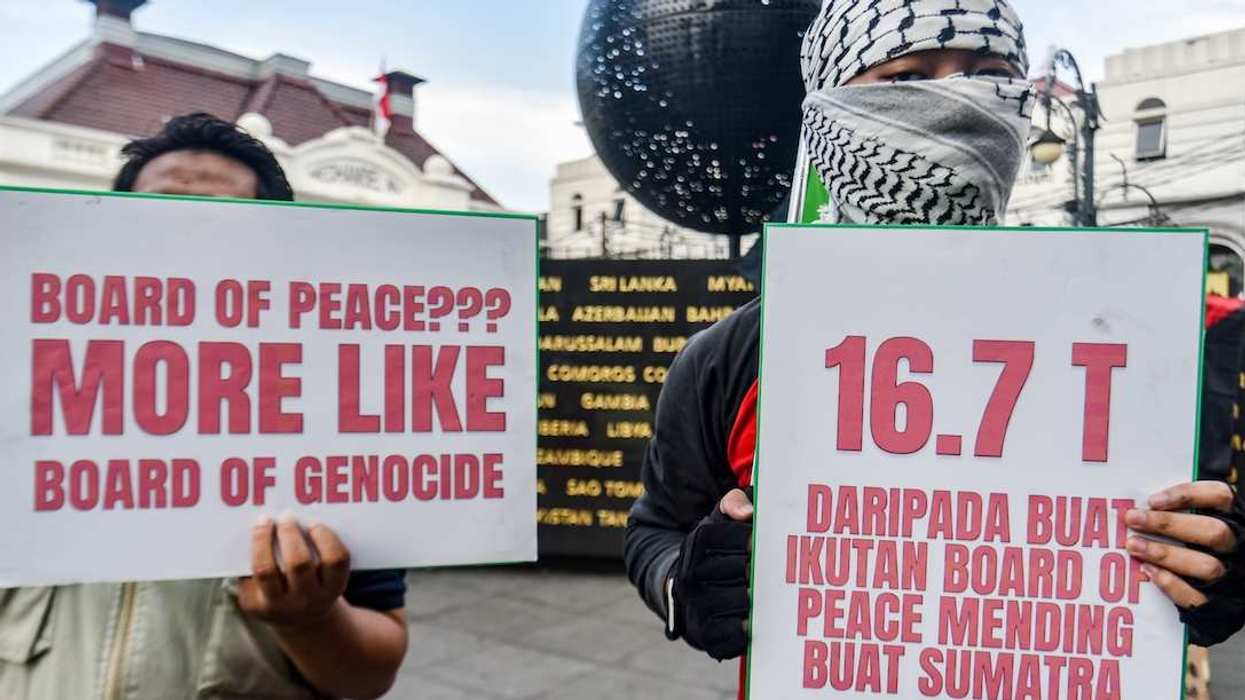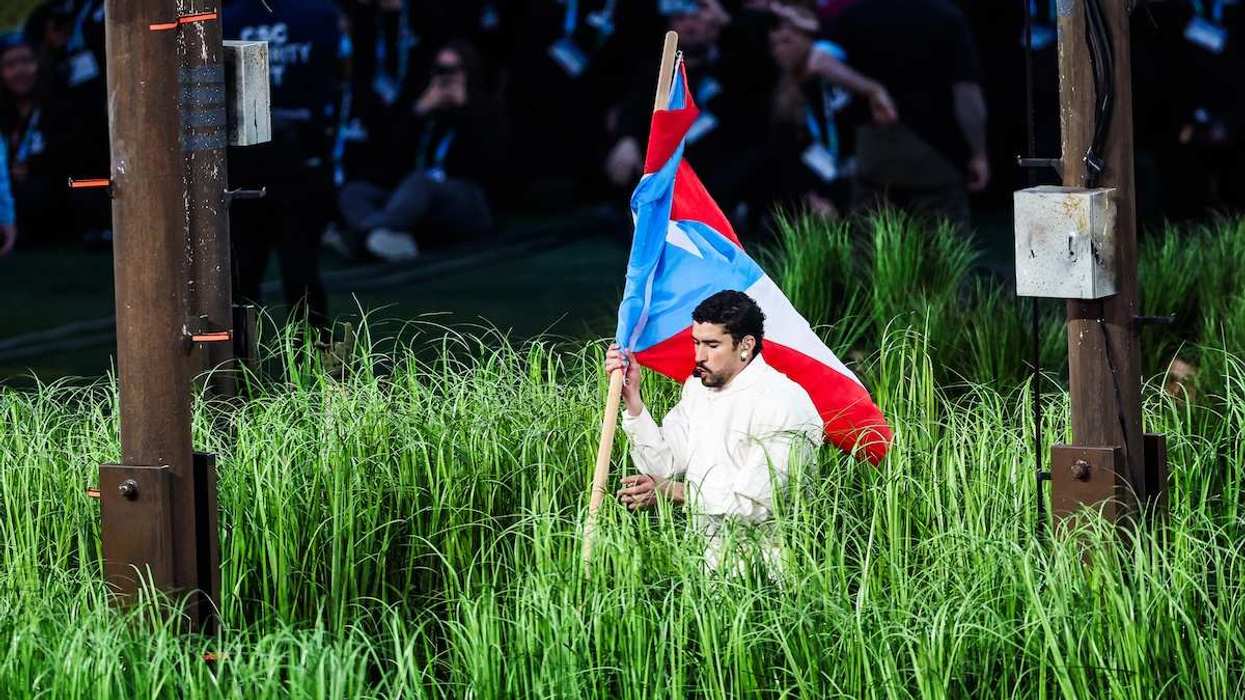UK rolls out COVID vaccine: The United Kingdom on Tuesday kicked off the first COVID-19 vaccination campaign in a Western country amid global hopes of seeing a light at the end of the coronavirus tunnel. "Go for it," said the first patient to be inoculated, a woman who turns 91 next week. Great Britain is pioneering a vaccine jointly developed by US pharmaceutical giant Pfizer and German company BioNTech which has proven to be 95 percent effective against COVID-19 infections. Meanwhile, Russia "launched" its own national vaccination campaign just ahead of the UK despite the fact that its miracle drug, Sputnik V, is still in the midst of clinical trials to test its safety and efficacy. With the US thought to be next in line to start vaccinating large swaths of residents, the success of these national vaccine rollouts — which will likely take way longer to carry out in developing nations — will be crucial towards global efforts to end the pandemic as soon as possible.
Is Eritrea aiding Ethiopia in Tigray? US government officials say they have plausible evidence that Eritrean soldiers have entered the volatile Tigray region, a hotbed of violence between the Ethiopian government and Tigray rebel groups, in order to help bolster Addis Ababa's military effort there. Eritrean troops are believed to have entered Tigray in mid-November and are lending weight to Ethiopia's crackdown on the radical Tigray People's Liberation Front, a clash that's led to thousands of deaths in mere weeks. Indeed, this development presents a major predicament for Washington and other Western governments who have long criticized Eritrea's government for its anti-democratic politics, but rely heavily on a security alliance with Ethiopia to maintain a foothold in the turbulent Horn of Africa. It's an interesting turn of events considering that Ethiopia and Eritrea were longtime foes until a peace accord was signed in 2018. We're watching to see how Washington and Brussels respond to this diplomatic quagmire in the days ahead.
World Cup draw gets political: The qualifiers draw for the 2022 men's football World Cup in Qatar will see Kosovo face three countries that don't recognize it as an independent state: Georgia, Greece, and Spain. In fact, Kosovo was first picked to play in another group against its bitter enemy Serbia — which Kosovo used to be a part of, and fought a bloody war with in the late 1990s before declaring its independence in 2008. However, the rules of UEFA, European football's governing body, prohibit matches between countries in "conflict," such as Armenia vs Azerbaijan or Russia vs Ukraine. Of its three rivals to win a place in Qatar, Spain has traditionally had the strongest position against Kosovo's independence because it worries that recognition would set a bad precedent for Catalonia, the Spanish region that tried (and failed) to break away from the rest of the country in October 2017. UEFA must now come up with a solution that all parties can live with, which will likely entail playing some games in neutral countries or without displaying national flags.
















